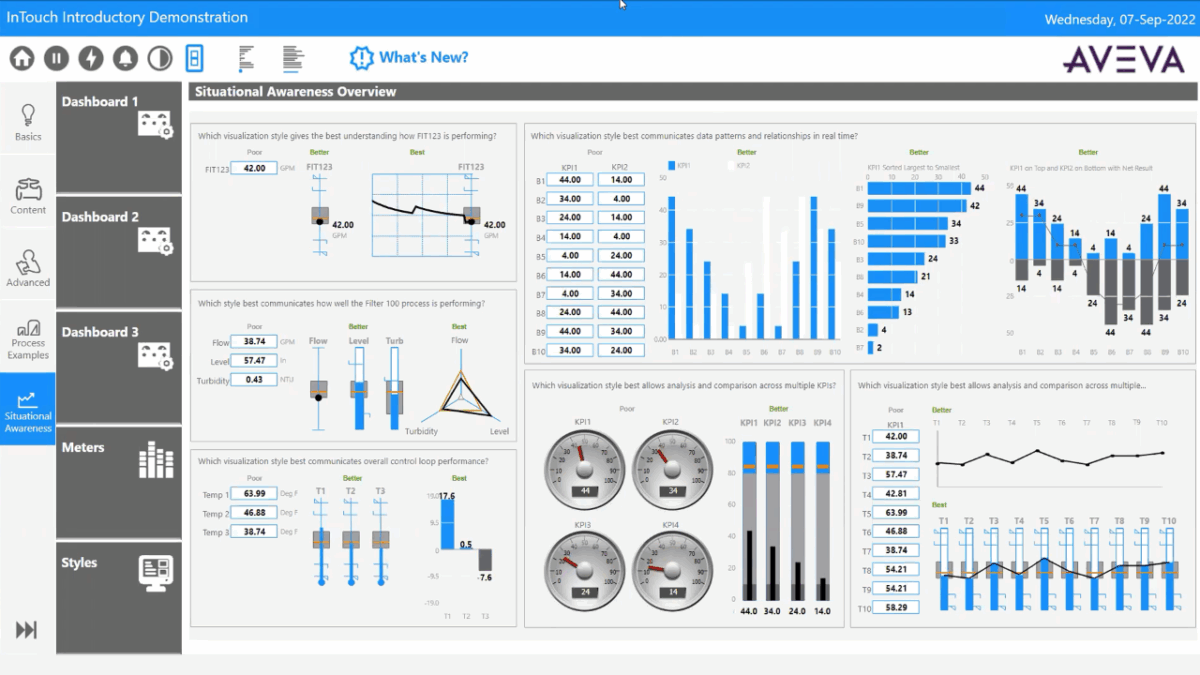Compliance in a Remote Work Era: New Legal Considerations

In today’s fast-evolving workplace, remote work has become the norm rather than the exception. With this shift comes a slew of new legal and compliance challenges that employers and employees must navigate. The rapid pace of remote work adoption requires organizations to reassess how they meet legal obligations, handle sensitive data, and manage employee well-being from afar. If you are just starting to tackle these issues, this guide will walk you through the key legal and compliance considerations in the remote work era.
What is Compliance in the Remote Work Era?
Compliance in the remote work era refers to the adherence to various laws, regulations, and industry standards while working outside of a traditional office setting. This includes everything from data privacy laws to labour regulations and tax requirements. As remote work expands, legal requirements have evolved, demanding that companies rethink their strategies to stay compliant with the law.
The Importance of Legal and Compliance Search
To stay ahead of compliance risks, companies must engage in regular legal and compliance search. This process involves actively seeking out changes in laws, regulations, and guidelines that impact your business. As regulations related to remote work evolve, it’s crucial for businesses to remain vigilant and up-to-date on any updates or new compliance requirements.
Failing to stay informed about the latest developments can result in costly legal penalties or violations, especially in areas such as data protection, employee benefits, and tax obligations. Therefore, legal and compliance search is essential for managing your company’s legal risks in today’s remote-first world.
Key Legal Considerations for Remote Work
Remote work presents a unique set of challenges in the legal realm. Below, we break down the key areas that require your attention.
1. Data Protection and Privacy Laws
As remote work involves employees accessing company systems and handling sensitive data from various locations, ensuring data security is paramount. Many countries have enacted stringent data protection laws like the General Data Protection Regulation (GDPR) in the European Union and the California Consumer Privacy Act (CCPA) in the United States.
To comply with these laws, companies must put data protection measures in place, such as:
- Encryption: Ensuring that sensitive company data is encrypted when accessed remotely.
- Access Controls: Implementing strict protocols for who can access certain data, depending on their role.
- Employee Training: Educating employees about safe data handling practices, phishing scams, and password protection.
Without these protections, you risk exposing your company to data breaches, legal fines, and a damaged reputation.
2. Employee Classification and Labor Laws
In a remote setting, employee classification can become murky. Employees may be working from different states or even different countries, and each jurisdiction has its own labor laws. For instance, labor regulations regarding paid time off, minimum wage, and overtime pay may vary depending on where the employee is physically located.
It is crucial to stay updated on the relevant labor laws to ensure compliance with both local and international regulations. Failing to do so could result in costly lawsuits or penalties related to employee compensation.
3. Tax Compliance Across Multiple Jurisdictions
Tax compliance can be complex for remote teams, especially when employees are spread across various states or countries. Different tax jurisdictions have varying rules regarding income tax, sales tax, and employer contributions. You need to ensure that you are complying with local tax laws and remitting the correct taxes for employees working remotely.
In the U.S., for example, each state has its own tax rules, and some may require businesses to withhold state income tax for employees even if they are working remotely. Additionally, countries with international employees may need to navigate complex cross-border tax laws.
Regular legal and compliance search can help you keep track of tax requirements in each jurisdiction where your employees are based.
4. Health and Safety Regulations
Remote work does not absolve employers from their obligation to ensure the health and safety of their employees. Even though employees are working from home, companies are still responsible for providing a safe work environment. This can include ensuring employees have the proper ergonomics to avoid injuries and maintaining their mental health.
Employers should implement guidelines for setting up a home office and provide employees with the necessary equipment to do so safely. It’s also important to consider how remote work impacts employees’ mental well-being, particularly with increased isolation and the stress of balancing work and home life.
5. Intellectual Property and Confidentiality Agreements
When employees work remotely, the risk of intellectual property (IP) theft or unintentional breaches increases. Businesses must be diligent in establishing confidentiality agreements that protect sensitive company information. These agreements should clearly define how proprietary information should be handled, shared, and stored remotely.
In addition, companies should consider implementing tools and software that allow them to monitor access to sensitive materials and prevent unauthorized sharing or downloading of company data.
Remote work can blur the line between personal and professional spaces, making it even more important to have legal safeguards in place to protect IP.
How Can Companies Stay Compliant?
Now that you understand the core areas of compliance, you may be wondering how your company can ensure that it stays on track in the remote work era. Here are a few strategies to consider:
1. Regular Legal and Compliance Audits
To maintain compliance, regular audits are crucial. These audits involve reviewing your company’s practices, policies, and operations to ensure they meet legal standards. Make sure to check over here for the best practices when conducting compliance audits, especially if you have a remote workforce.
2. Invest in Compliance Tools and Software
There are several tools available that can help businesses track compliance. These tools can help automate compliance checks and keep your business up-to-date with new regulations. Additionally, tools like cloud-based document storage and secure communication platforms can help employees follow the latest data protection and security protocols.
3. Develop Remote Work Policies
Every business should have clear, written policies regarding remote work. These policies should outline expectations for employees, including data security, working hours, and performance metrics. Policies should also address any unique challenges that arise in a remote setting, such as the use of personal devices or working in multiple time zones.
4. Provide Ongoing Employee Training
Compliance is an ongoing process, so it’s important to invest in regular employee training. Providing your employees with up-to-date information on data privacy, labor laws, and other relevant topics will help them understand their roles in maintaining compliance.
5. Consult Legal Professionals
Finally, one of the best ways to stay compliant is to consult with legal professionals who specialize in remote work laws. These experts can help you navigate the complexities of compliance and ensure that your business remains on the right side of the law.
Conclusion
As remote work continues to grow, so do the legal and compliance challenges that come with it. By staying proactive with legal and compliance search, developing comprehensive policies, and utilizing the right tools, your company can mitigate the risks associated with remote work. Remember, compliance is not a one-time effort; it requires constant attention and adaptation to the changing legal landscape.
Don’t wait until an issue arises. Start prioritizing compliance today to safeguard your business and employees in the remote work era.
To make sure you’re always up-to-date with the latest regulations, check over here for resources and professional services that can help streamline your compliance efforts.
By embracing these considerations, you’ll set your company up for long-term success, no matter where your employees work from.










